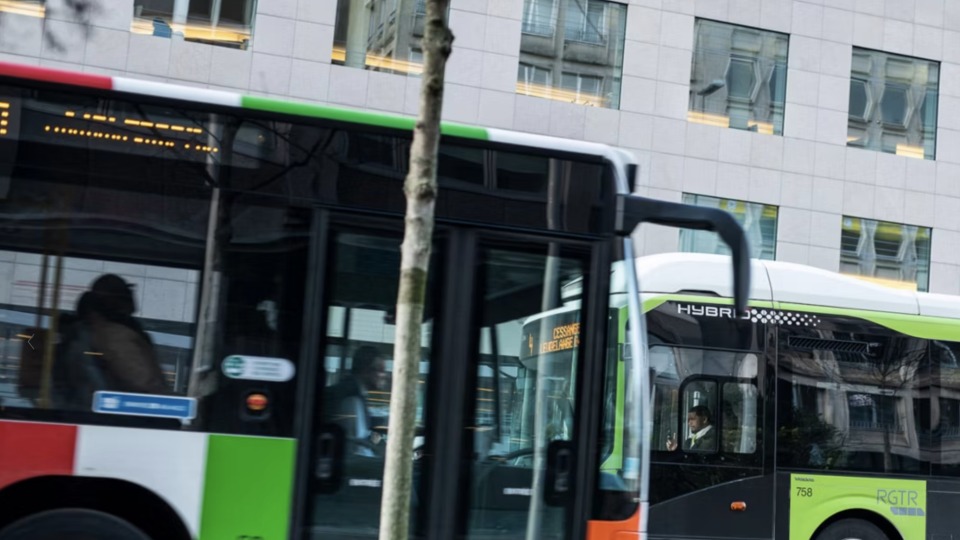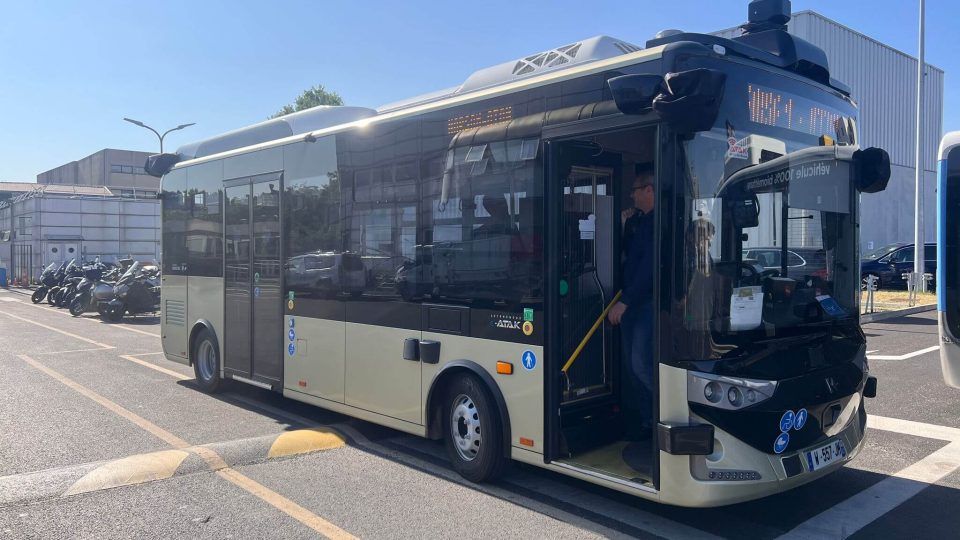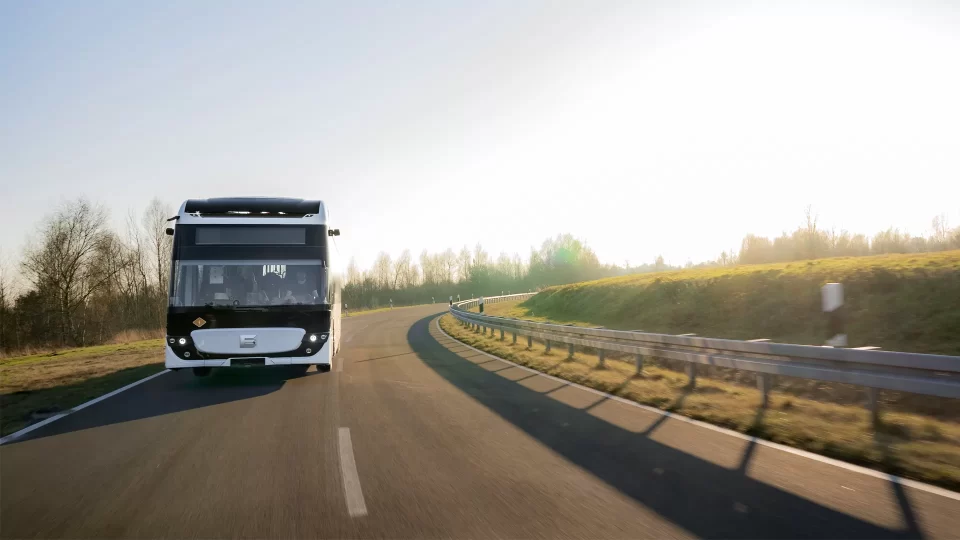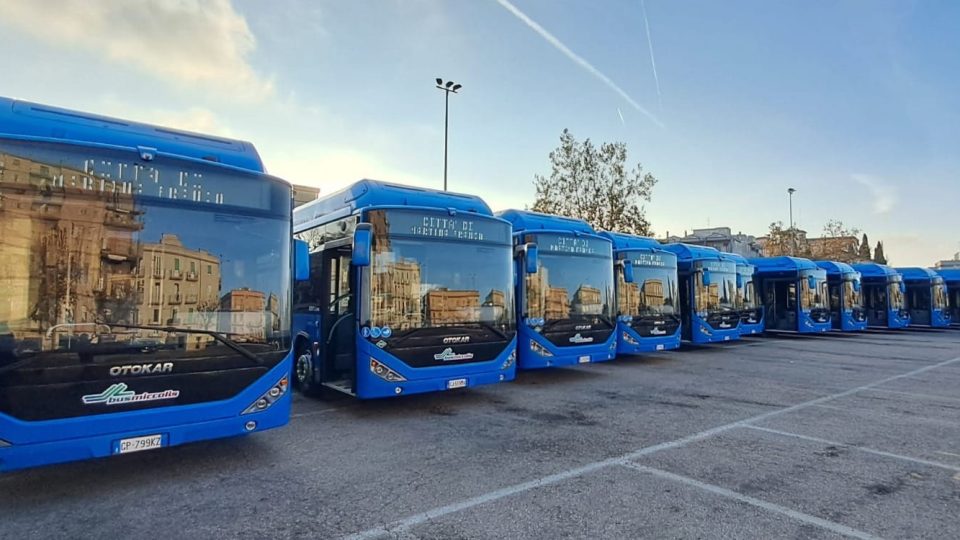Gillig launches new engineering center in Colorado following takeover of assets from Lightning
The manufacturer of heavy-duty transit buses in the U.S. Gillig announced that its subsidiary Gerco has acquired select assets from Lightning eMotors and Lightning Systems through a receivership sale, and has hired a number of former engineering employees of Lightning.
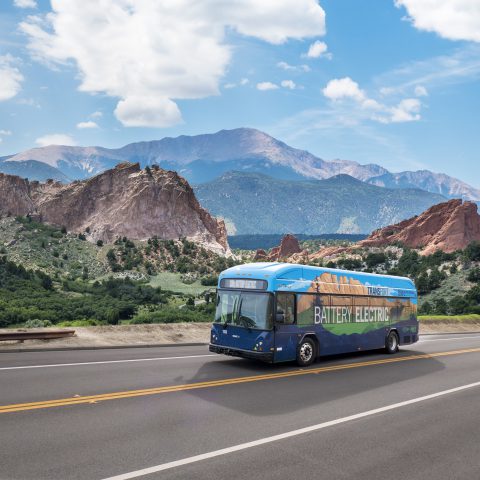
The manufacturer of heavy-duty transit buses in the U.S. Gillig announced that its subsidiary Gerco has acquired select assets from Lightning eMotors and Lightning Systems through a receivership sale, and has hired a number of former engineering employees of Lightning.
The acquisition will also mark the launch of Gillig’s new Colorado Technology Center, which will serve as an engineering hub for the company. Based in Loveland, Colorado, Lightning specialized in repowering commercial vehicles and developing electric powertrains and analytics capabilities.
Gillig takes over assets from Lightning
Gerco was selected as the purchaser from a court appointed receiver, and the acquisition of assets was approved by the court, Gillig points out in a press note. Lightning discontinued its business operations prior to Gerco’s purchase, including the sale and servicing of commercial vehicles.
With this acquisition, Gillig, that claims being the market leader in zero-emission buses in America, aims to expand its electric powertrain engineering capacity as the demand for zero-emission transit solutions continues to increase.
“This exciting acquisition focuses on a talented team of former Lightning employees and the tools they need to support Gillig’s roadmap,” stated Derek Maunus, Gillig’s President and CEO. “Gillig’s mission to design, build, and support America’s safest, most reliable heavy-duty transit buses has not changed. This acquisition allows us greater engineering capacity to integrate quickly evolving zero-emission technologies. As we look to the future generations of Gillig’s celebrated Battery Electric bus, these additional engineering and technological resources will accelerate Gillig’s leadership in zero-emission buses by increasing our powertrain expertise, forging even greater capacity to innovate and execute with excellence.”



